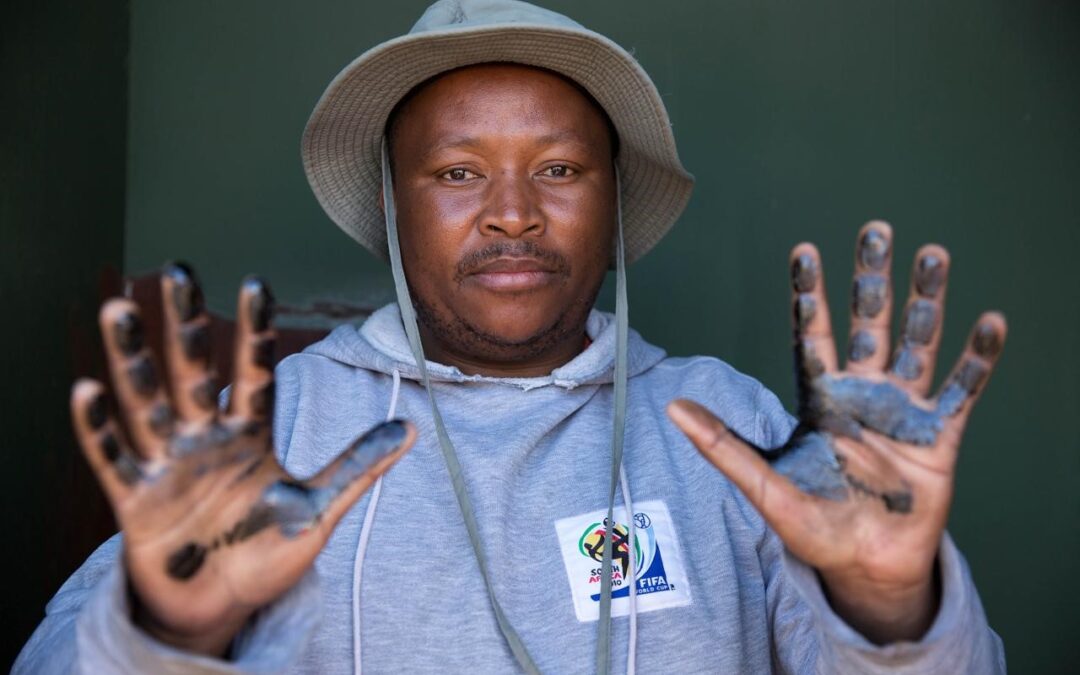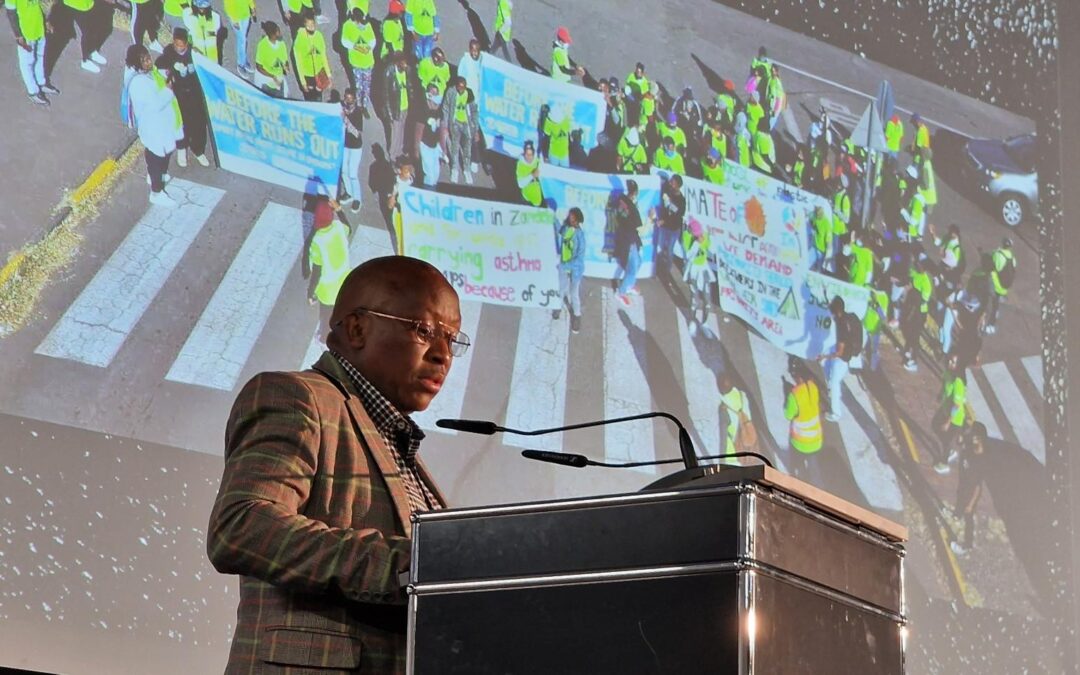
Musa Chamane
The interventions introduced by government to deal with income loses brought about by the national lockdowns were mainly intended to address the challenges faced by the formal sector. Informal work and businesses that are classified as belonging to the informal sector were largely left to find their own way and solutions around this. This has meant the loss of livelihoods for most people who depend on informal work and businesses to support themselves and their families.
The Minister in the Department of Environment, Forestry and Fisheries, Barbara Creecy, made a promise to waste pickers that they would receive a R1000 once off relief payout before Christmas if they met the required criteria. The relief funding is intended as compensation for loss of income incurred during level 5 lockdown in South Africa back in April 2020. Waste pickers through organisations such as SAWPA (South African Waste Pickers Association) made the effort to support this process and more than 10 000 forms were filled and submitted. However, this has resulted in massive payment delays, mainly attributed to the Department’s online system that is used when applying for the relief. With all good intentions, this has resulted in livelihood insecurity, frustration, exclusion and even xenophobia.
A major contributing factor was that the application process required all the applicants to have bank accounts which the majority did not have. The process also required a letter from the municipality for each applicant confirming that the person is indeed a waste picker. There were also issues with the majority of non-South African waste pickers who couldn’t get letters from home affairs confirming their residence in the South Africa. Our state systems are insensitive to the informal sector considering these stringent requirements that are needed by the application process for the most vulnerable workers in our society. Others have even given up hope in applying for the relief. Another issue for those that receive other grants, is whether they will qualify as this was not made clear by the Social Development Department.
Trying to explain this to waste pickers has become very difficult for me, and I am crossing my fingers that come the time when the information is being fed into the system that all will go smooth and applications will not be rejected.
Intergovernmental relations still leaves much to be desired in South Africa. While the national government had all the good intentions of providing relief to informal waste, the local municipalities have effectively failed to support these people on the ground. The irony of this is that waste pickers benefit municipalities the most as they are the only reason that recycling happens at the municipal level. The CSIR found that the informal sector is active in recovering valuable post-consumer recyclables from South Africa’s service-chain, having saved the country as much as R750 million in landfill airspace in 2014. “This saving was at little to no cost to municipalities.
However, if one goes to a municipality trying to find out about the process of application, you will find that officials are often clueless about the relief, and even if they are aware most do not even bother to reach out to waste pickers. This failure between the two spheres of government potentially collapses all intervention efforts and the poor suffer the most.
Compounding these administrative problems are the corrupt criminal elements in this process, in some instances family member who are not waste pickers are included on the relief lists, and in many cases, they are related to the responsible government officials – the system further disadvantages the poor.
This is a bad habit we have in this country, stealing from the poor. I have shared my experiences with some municipal officials that they will be evaluated once irregularities are exposed and the responsible people will face the music, hopefully this will be enough to discourage some of this criminal behavior.
After all is said and done our government’s actions and intentions to support the poor and most vulnerable among us during the COVID-19 pandemic speak louder than words. Since this relief fund was established not even one waste picker has received this grant!
Musa Chamane is a Waste Campaign Manager at groundWork, Friends of Earth South Africa
This opinion piece appeared in the Cape Times, and the Mercury.
A standalone version of the opinion piece is available here.



